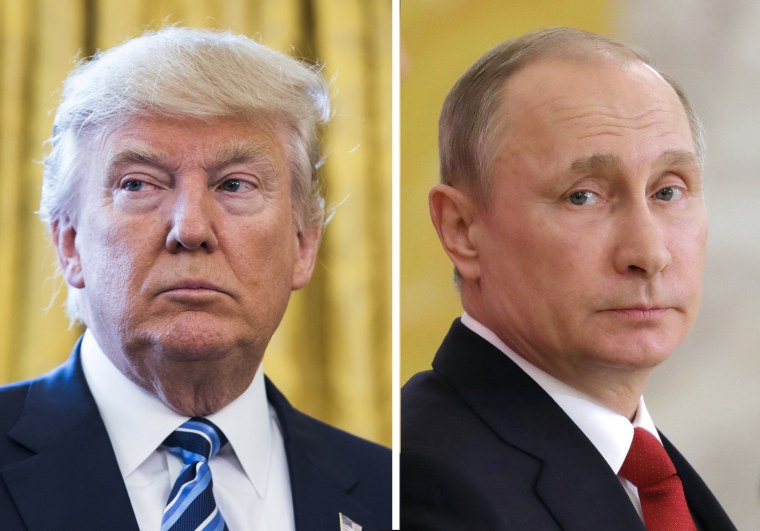A friend asked me the other day why there isn't a Ken Starr-like independent counsel investigating the Russia scandal. The short answer is, that's not an option -- because the independent counsel statute that made Starr's Clinton-era investigation possible expired nearly two decades ago.But that doesn't mean an independent examination of the Donald Trump's Russia scandal is impossible. On the contrary, there are quite a few options.1. The Justice Department can appoint a special counsel.There's been quite a bit of talk recently about the appointment of a special prosecutor, but what folks are really referring to is a special counsel. Ordinarily, such a figure would be appointed by the attorney general, but with Jeff Sessions having recused himself from the matter, the responsibility falls to Deputy Attorney General Rod Rosenstein, who's found himself under quite a bit of pressure.The trouble is, under the system that's in place, even if Rosenstein were to name a special counsel to examine the Russia scandal, he or she wouldn't be entirely independent: he or she would still answer to the Justice Department's leadership, and could still be fired by the president.2. Congress could create an independent commission.There have been many such panels in recent decades -- the 9/11 Commission is probably the most notable modern example -- and they're usually led by commissioners who are not currently in public office. They tend to have their own budgets and work independently from other branches.To have such a commission, however, would take an act of Congress, and since Congress is led by Republicans, there's effectively no chance of this happening.3. Congress could create a special committee of its own.The House and Senate Intelligence Committees have already taken an interest in the Russia scandal, but congressional leaders could create their own select committee to focus exclusively on the controversy. This has been done many times on many issues, most recently a panel to investigate GOP conspiracy theories surrounding Benghazi.Though Sen. John McCain (R-Ariz.) has recommended this approach for the Russia scandal, it has many downsides: a special, select committee would be made up of members of Congress, and it's not clear what it would do that the Intelligence Committees aren't already trying to do.4. Congress could (maybe) appoint a special counsel.As NBC News reported yesterday, Sen. Richard Blumenthal (D-Conn.) is working on legislation that would empower Congress to appoint a special prosecutor, which would be similar to the old independent-counsel statute, but with one big difference: under the old law, the prosecutor was named by a three-judge panel on the D.C. Circuit, acting on a request from the attorney general. Blumenthal's model would put that power in lawmakers' hands.In a GOP-led Congress, however, it's highly unlikely the senator's proposal will advance.5. There could be some combination of these.This need not be seen as an either/or dynamic. Given the seriousness of the Russia scandal, we could, in theory, have a special counsel, an independent commission, and a select committee, or some combination thereof.If, however, Donald Trump and Republican leaders on Capitol Hill have their way, we'll have none, and the questions will simply go unanswered.
Advocates of an independent Russia scandal inquiry have options
When it comes to the Russia scandal, we could have a special counsel, an independent commission, a select committee, or all of the above.
